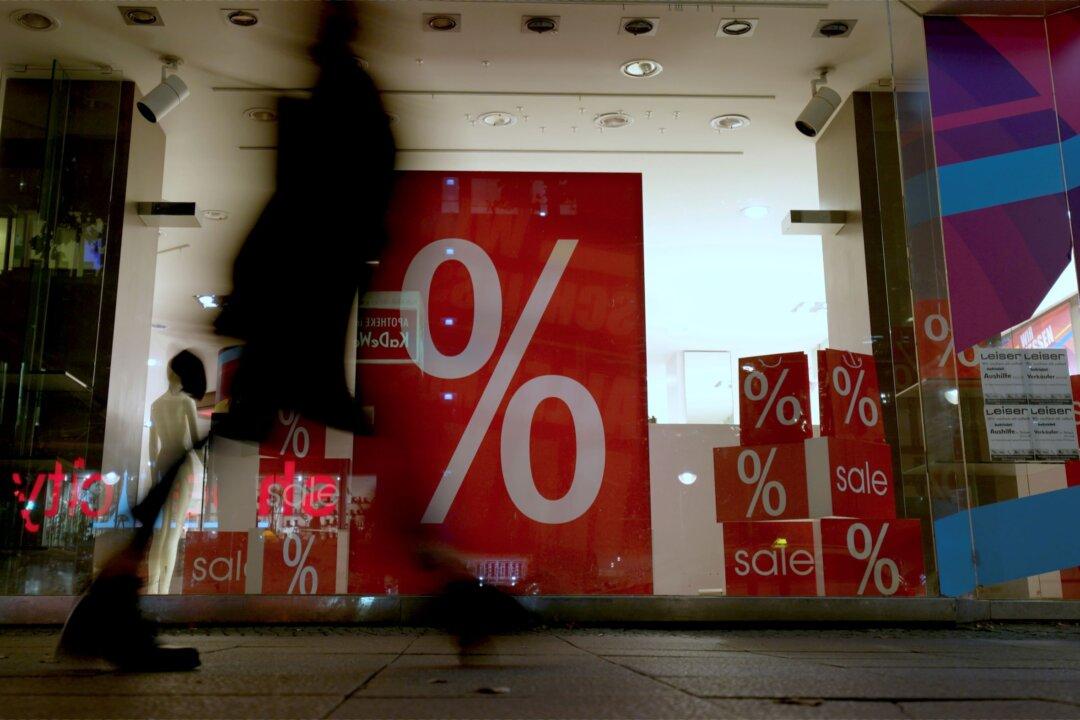BERLIN—Germany’s economy shrank by 0.2 percent in the fourth quarter compared with the previous three-month period, official figures showed Monday. The performance by Europe’s biggest economy was worse than expected.
Gross domestic product shrank for the first time since the first quarter of 2021 largely because of a decline in consumer spending, which had supported the economy in the first nine months of 2022, the Federal Statistical Office said. The drop followed GDP growth of 0.5 percent in the third quarter and 0.1 percent in the second quarter.





